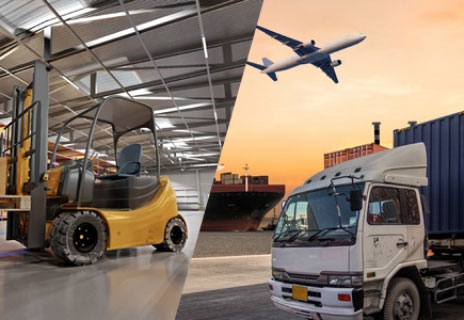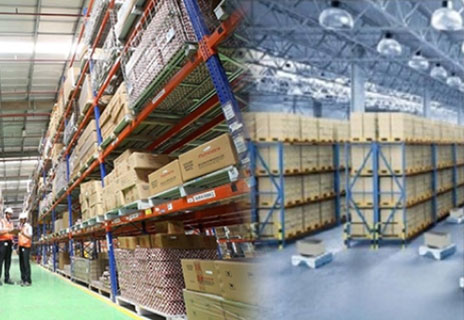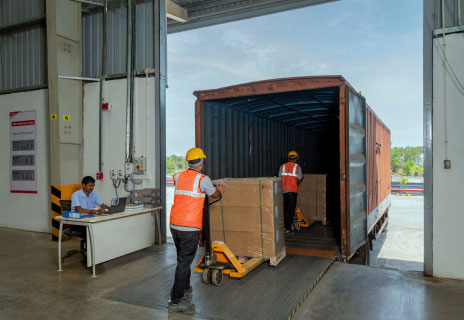
Unlocking the Power of Circular Logistics: A Path to Sustainable Supply Chains
In today’s business ecosystem, sustainable logistics is the way forward. 4 out of 5 consumers prefer a brand that has a likely positive impact on the environment, as laid out by Smartest Energy. Meanwhile, traditional logistics and supply chain management, as explained in McKinsey’s report, incurs 90% of environmental damage. As a countermeasure, circular economy reduces negative impact by reusing, recycling, remanufacturing, and repairing a used product. The Circularity Gap report also confirms that, in contrast to the traditional ways, the circular economy declines greenhouse gases by 39%.
Let’s understand the role of green logistics solutions in building a circular economy, where economic growth is in line with sustainability.
Steps to Achieving Resource Efficiency
Analyzing customer data points from different phases such as order placement to delivery helps companies to identify logjams that impact customer experience. For instance:
-
Warehousing Powered by Renewable Energy
With warehouse activities being responsible for 11% of greenhouse gas emissions, it necessitates the shift towards an environment-friendly approach. As part of eDeL, our suite of green logistics solutions, we operate a strategically located multi-client warehousing and distribution network across India, featuring solar-powered, IGBC Platinum- and LEED-certified Grade A facilities. Through the sourcing and use of recycled input materials for our green warehouses and the adoption of reusable packaging materials, such as palette covers instead of cling films, we reduce our reliance on virgin resources and promote a circular economy. Additionally, our in-house sewage treatment facilities enable us to treat wastewater and repurpose it for gardening and flushing, contributing to water conservation efforts. Our green warehouses also feature a dedicated sustainability room called the ‘Green Hive,’ equipped with a dashboard to measure and track all sustainability initiatives within the facility, enabling businesses to reduce operational costs and energy expenses while championing a sustainable future. -
Resource Optimization
Resource optimization plays a pivotal role in fostering a circular logistics economy by minimizing waste, reducing emissions, and enhancing operational efficiency. Through advanced strategies like route optimization, load consolidation, fuel-efficient transportation, and multi-modal solutions, we ensure reduced energy consumption across supply chains. This approach extends to reverse logistics, where we streamline operations to minimize resource usage and emissions while maximizing value recovery. These efforts align seamlessly with our green last-mile cargo delivery service, a vital part of eDeL. As India’s largest electric ecosystem of tech-enabled and compliant EV fleets, it is designed not just to deliver packages but to optimize resources at every step—reducing reliance on fossil fuels and minimizing environmental impact. By adopting a diverse fleet and leveraging IoT-enabled technology for real-time tracking and asset management, we enable industries like e-commerce, quick commerce, pharmaceuticals, FMCG & FMCD, and more to achieve sustainable last-mile operations. Together, these initiatives create a unified approach to circularity, driving down costs and emissions while delivering measurable value to our customers.





